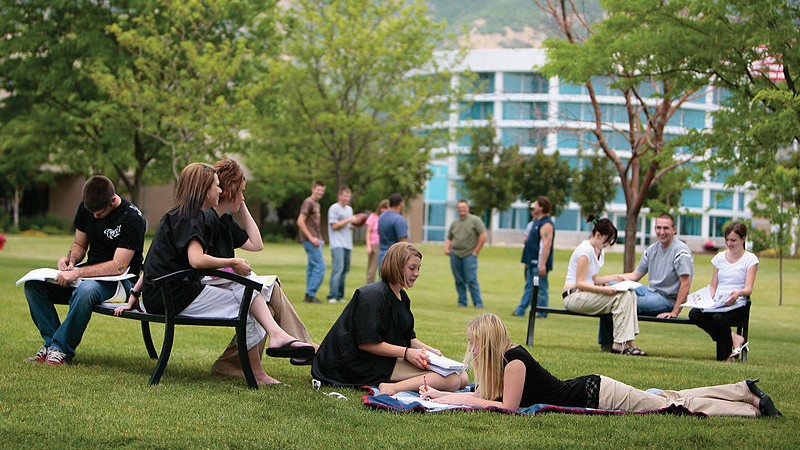University Warns Professors Not To Discuss Abortions Or Contraception With Students
Idaho's public universities urged professors and staff not to tell college students where they could find abortion assistance or contraception out of fears they could be charged with felonies.
The reversal of the United States’ longstanding Roe v. Wade supreme court decision that previously made abortion legal under the U.S. constitution is having sweeping effects on colleges and universities across the nation. Many young Americans are changing their college plans in order to make sure they attend schools in states where abortion is not outlawed. Now In Idaho – where abortions are strictly prohibited– state universities are warning professors and staff not to discuss abortions or contraception whatsoever with college students.
According to a report from The Associated Press, both the University of Idaho and Boise State University are issuing these guidelines. Professors are urged not to refer college students to abortion providers, nor direct them on how or where to find contraception and birth control products. This is to protect them from state laws that could punish individuals with felony charges for violating these rulings.
In 2021, the state passed the No Public Funds for Abortion Act, one of the most rigid abortion policies in the nation. The law prohibits school staff and health clinics from providing any abortion care, promoting the procedure, or telling college students where they can find emergency contraception. The only exception is for certain rape cases.
Abortion is still allowed to be expressed in classroom discussions. However, even that is now being frowned upon and greatly scrutinized, as schools fear that professors may end up in hot water or charged if they are believed to be promoting the act. Both universities now recommend teachers keep these discussions with college students as neutral as possible.
Furthermore, some are warning about potential ramifications that could arise from social media. Laws regarding this are ambiguous, but the fact that they restrict “advertising or promoting” abortion and birth control is raising concern. Schools also are warning professors not to use state-owned computers or even wireless networks on campus to share anything on personal social media accounts either.
Opposers of these rulings are lambasting the state law, calling it a violation of free speech rights. Mike Satz, an attorney and former staffer at the University of Idaho said this action would have a “chilling effect” on free speech. Additionally, he’s afraid it will steer college students away from Idaho’s public universities.
According to a Forbes poll, most college students wish to attend school in states where abortion is still a choice. Even for those who said they were personally against ever having an abortion, the overall consensus was that they wished to go to school where the right to have one remained legal. It’s part of a growing supportive trend among America’s youth.

Idaho is just one of a growing number of states where colleges are found to be warning professors not to provide college students with abortion or contraception information. In Oklahoma, individuals found guilty of providing others with this support also face criminal charges. And with more states pledging to expand on their abortion laws following the reversal of Roe v. Wade, more may soon follow suit.



